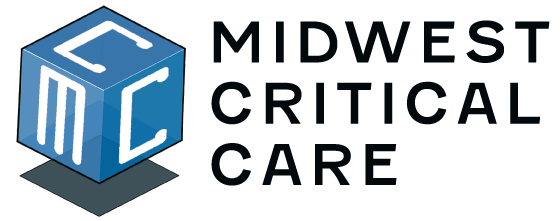Patient liaisons serve as crucial intermediaries between patients and healthcare providers, ensuring that patients receive high-quality care and support. Their role includes advocating for patients, addressing their needs and concerns, and providing information to help them make informed decisions. The benefits of having patient liaisons in healthcare facilities are wide-ranging.
Patient liaisons enhance patient satisfaction and experience by providing individualized attention and support. They also help patients navigate the complex healthcare system, reducing confusion and stress. Moreover, patient liaisons play a key role in improving the quality of care patients receive by ensuring that they receive the right treatment and care at the right time. Additionally, patient liaisons help healthcare providers understand patients’ specific needs and preferences, allowing for more individualized care.
Patient liaisons also contribute to reducing healthcare costs by preventing unnecessary tests, procedures, and treatments. They help ensure that patients receive the appropriate level of care, reducing the likelihood of readmissions and hospital stays.
In conclusion, patient liaisons are invaluable assets in the healthcare system. By providing individualized attention, improving the quality of care, and reducing costs, they positively impact the success of healthcare facilities. Investing in patient liaisons ensures a better experience for patients and improved health outcomes for communities.

